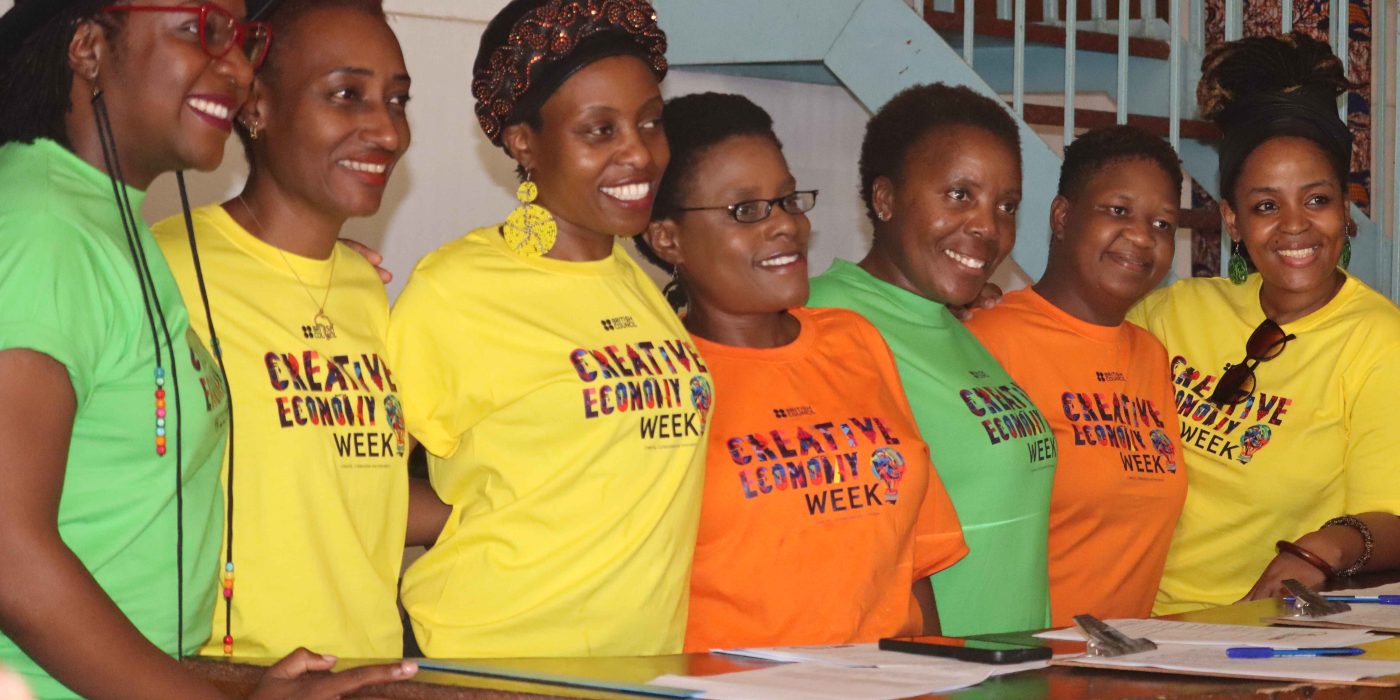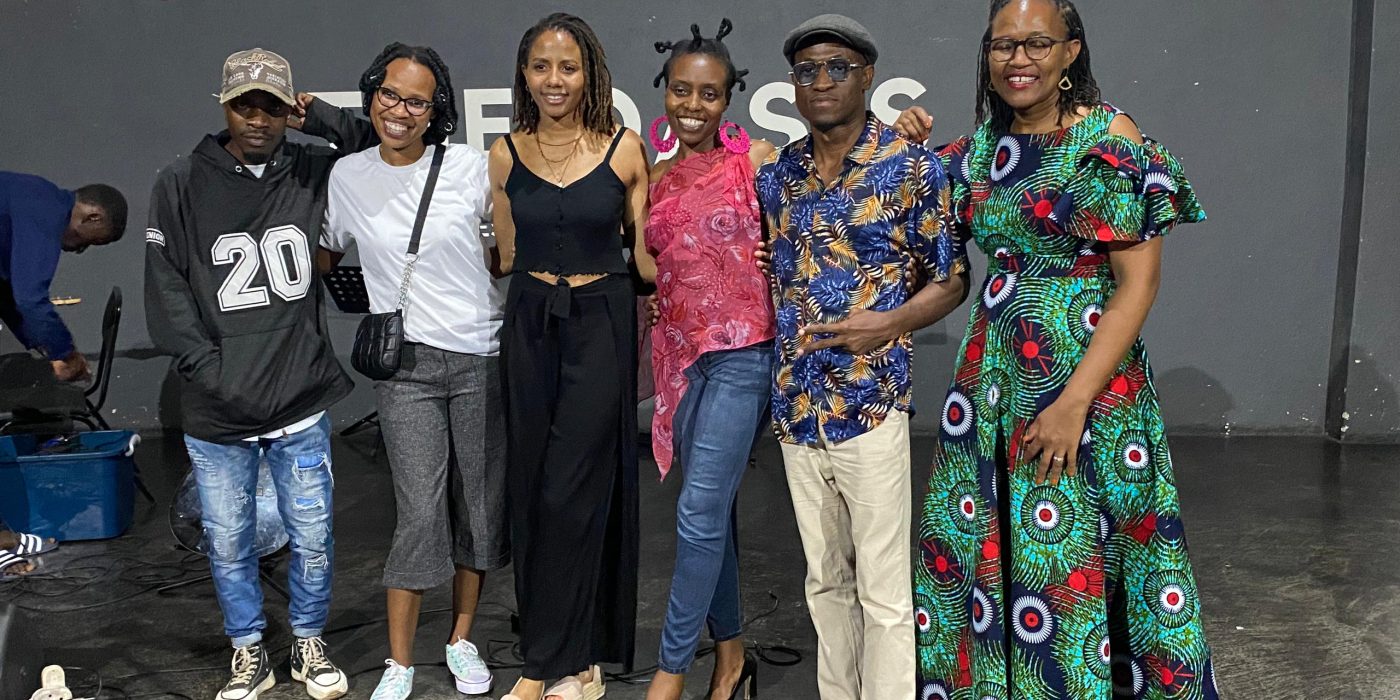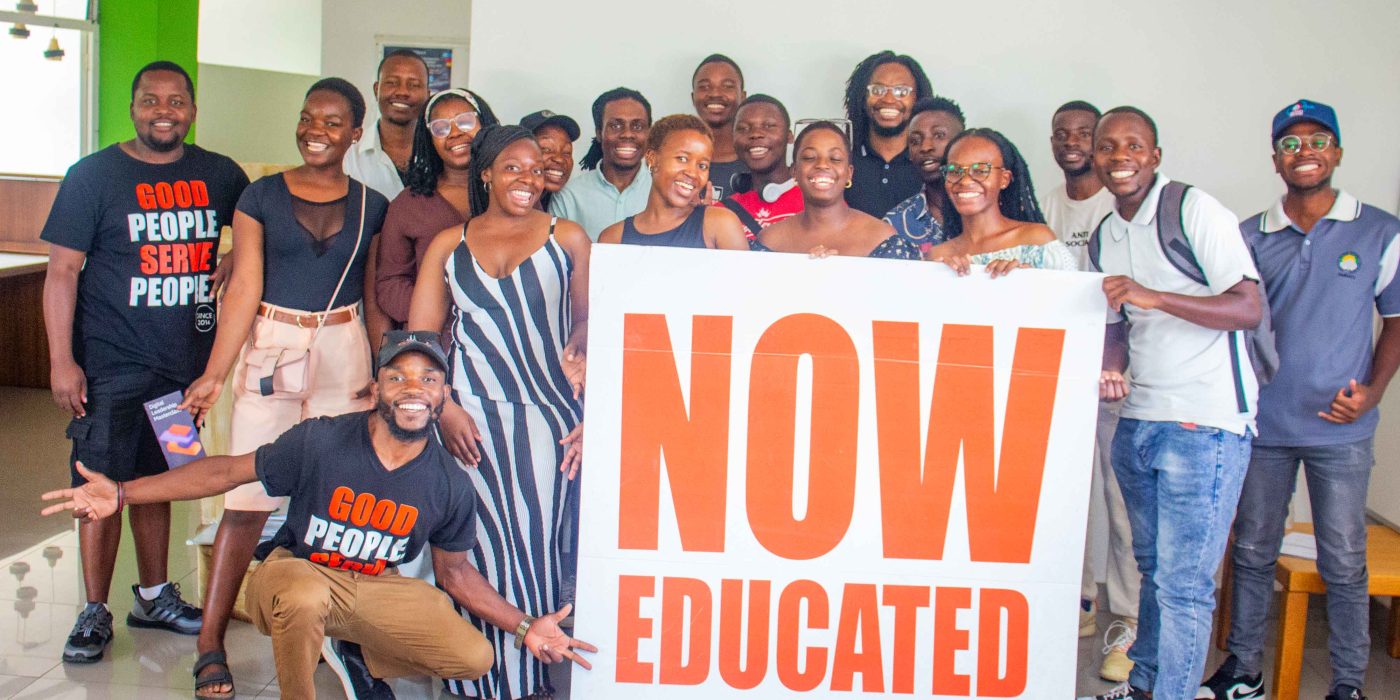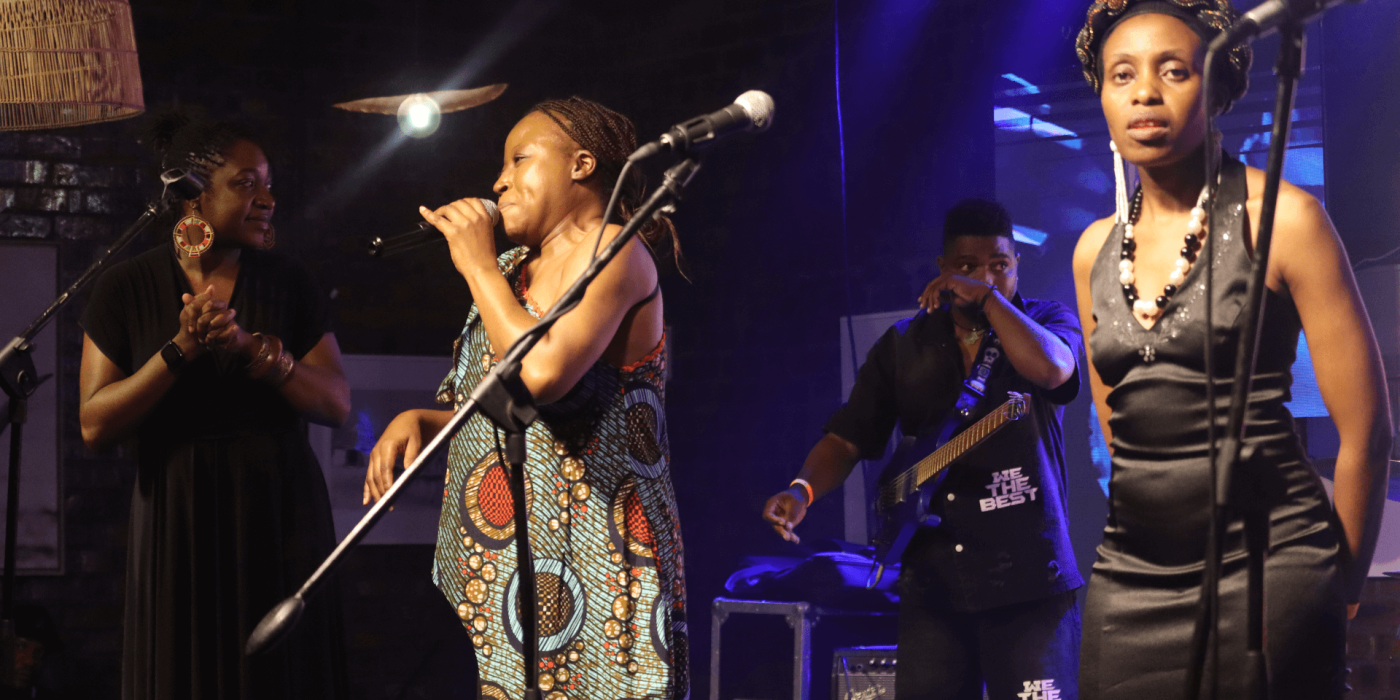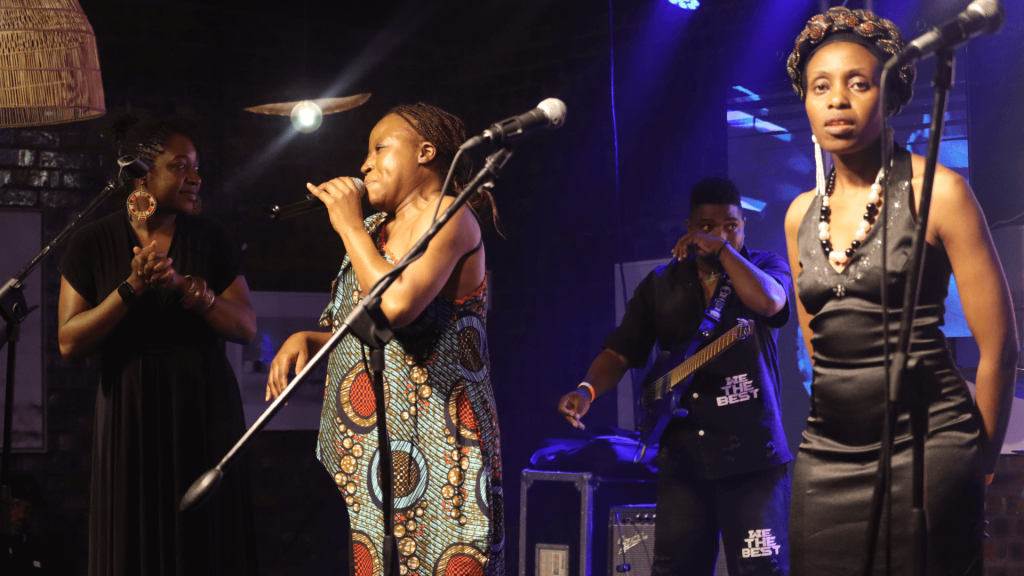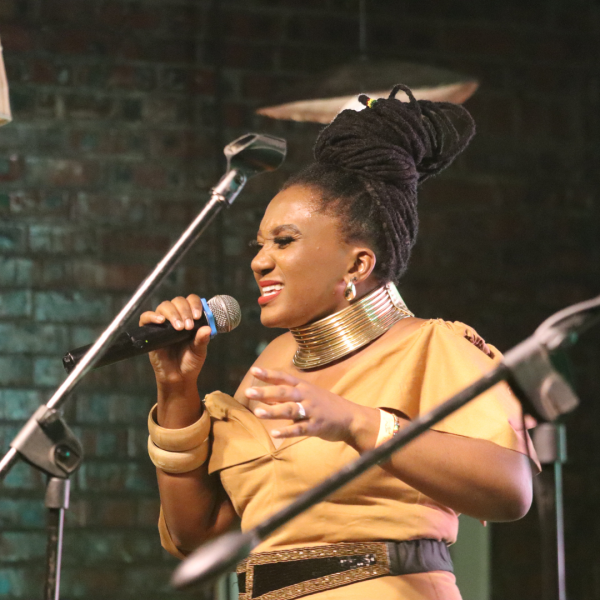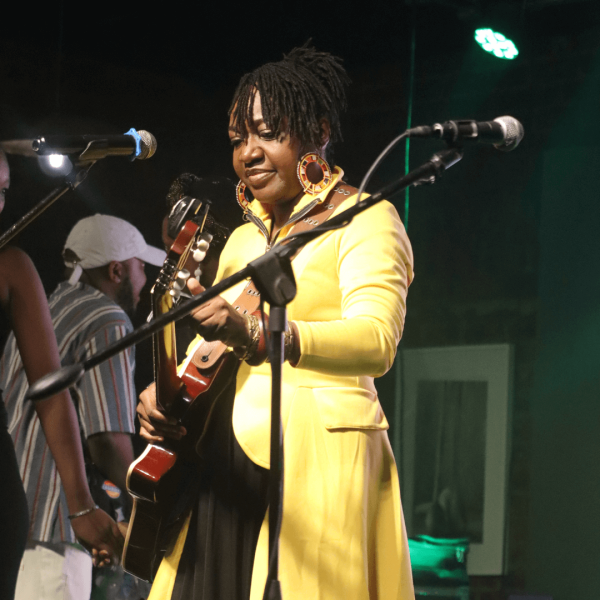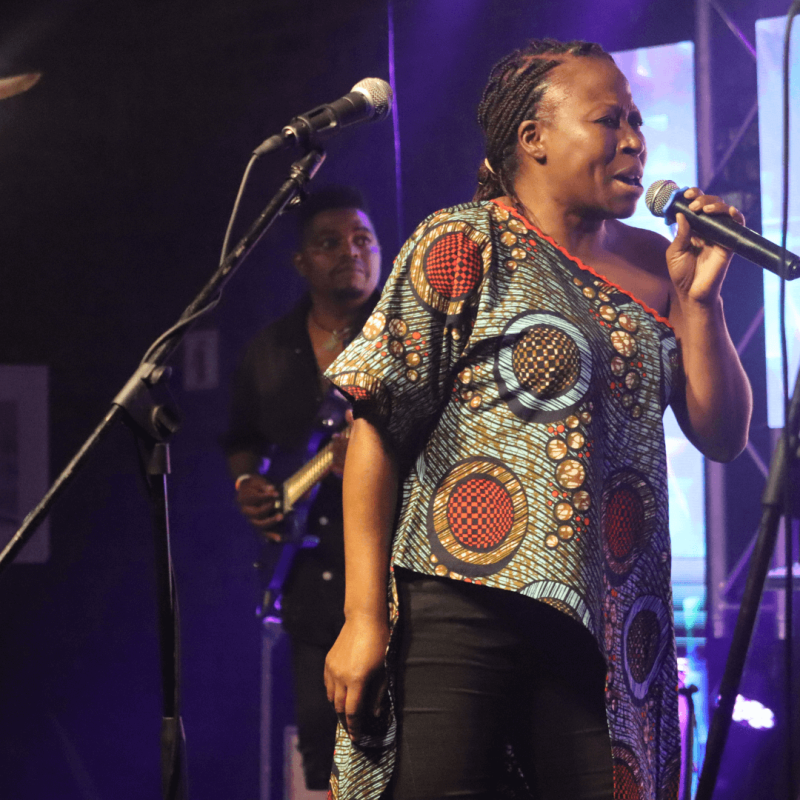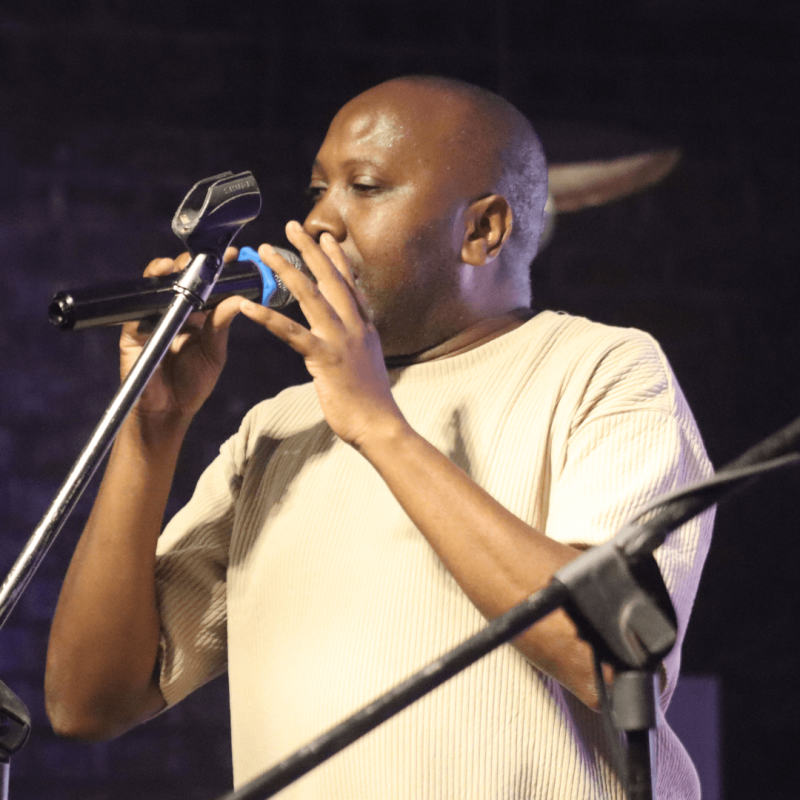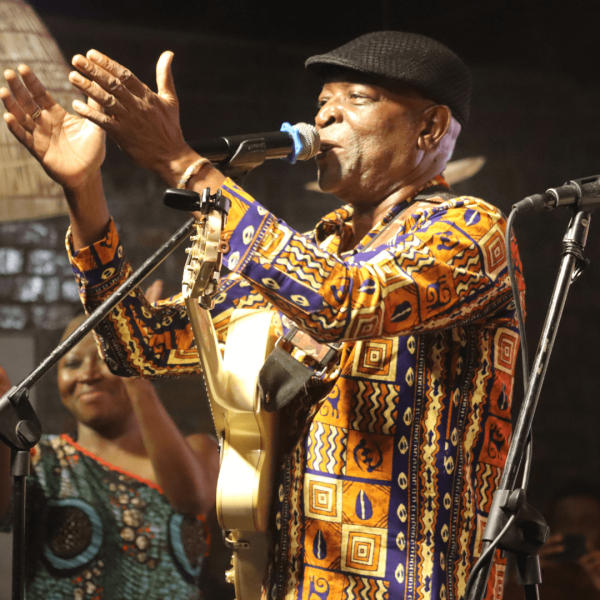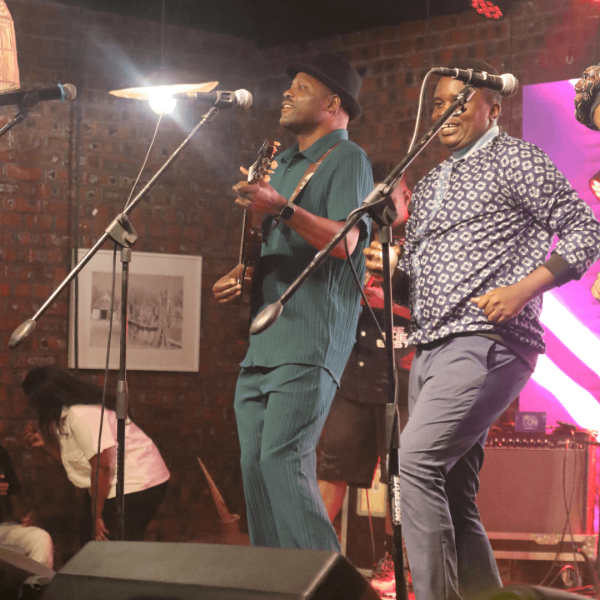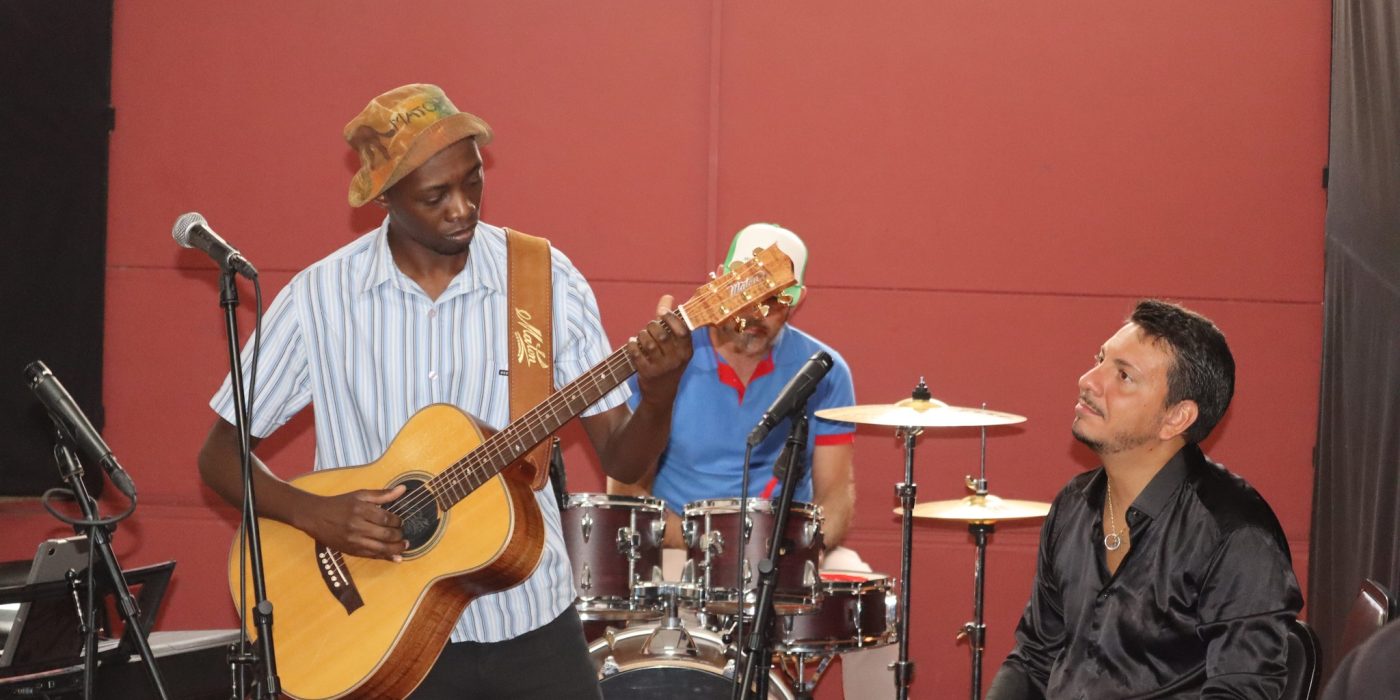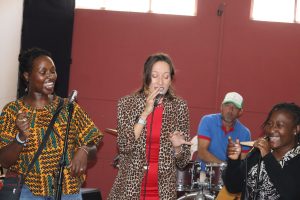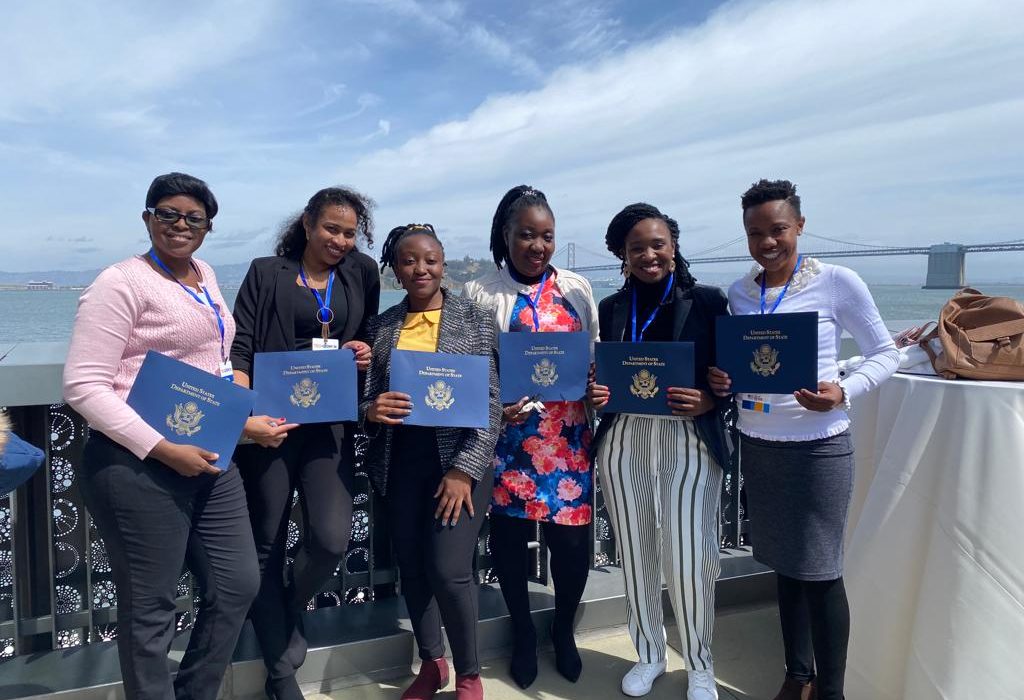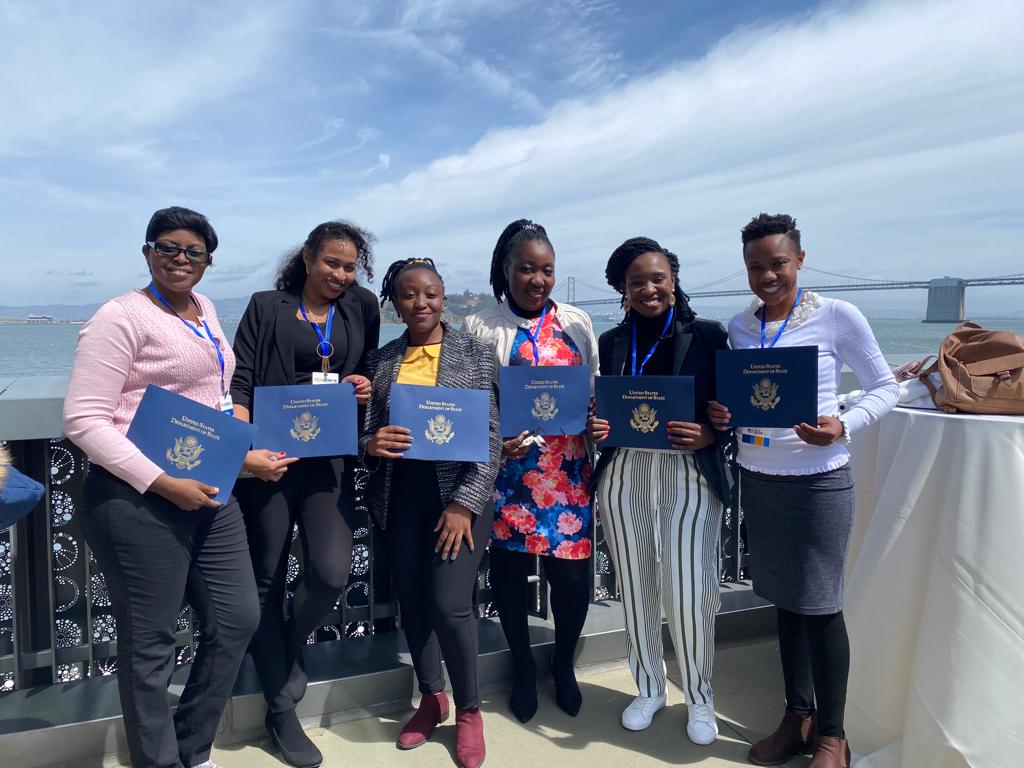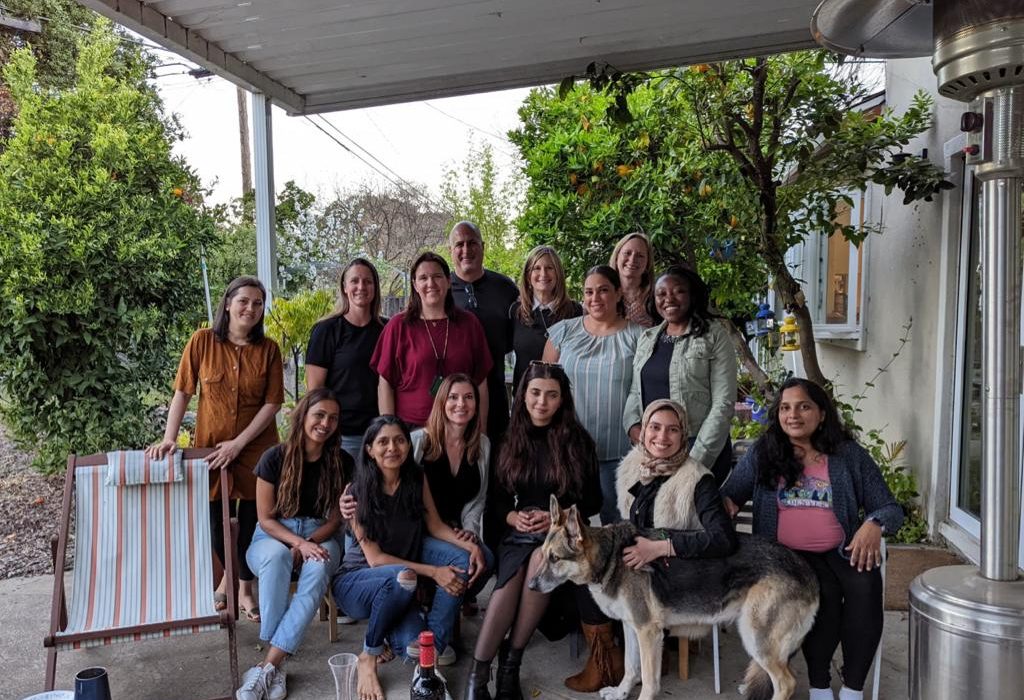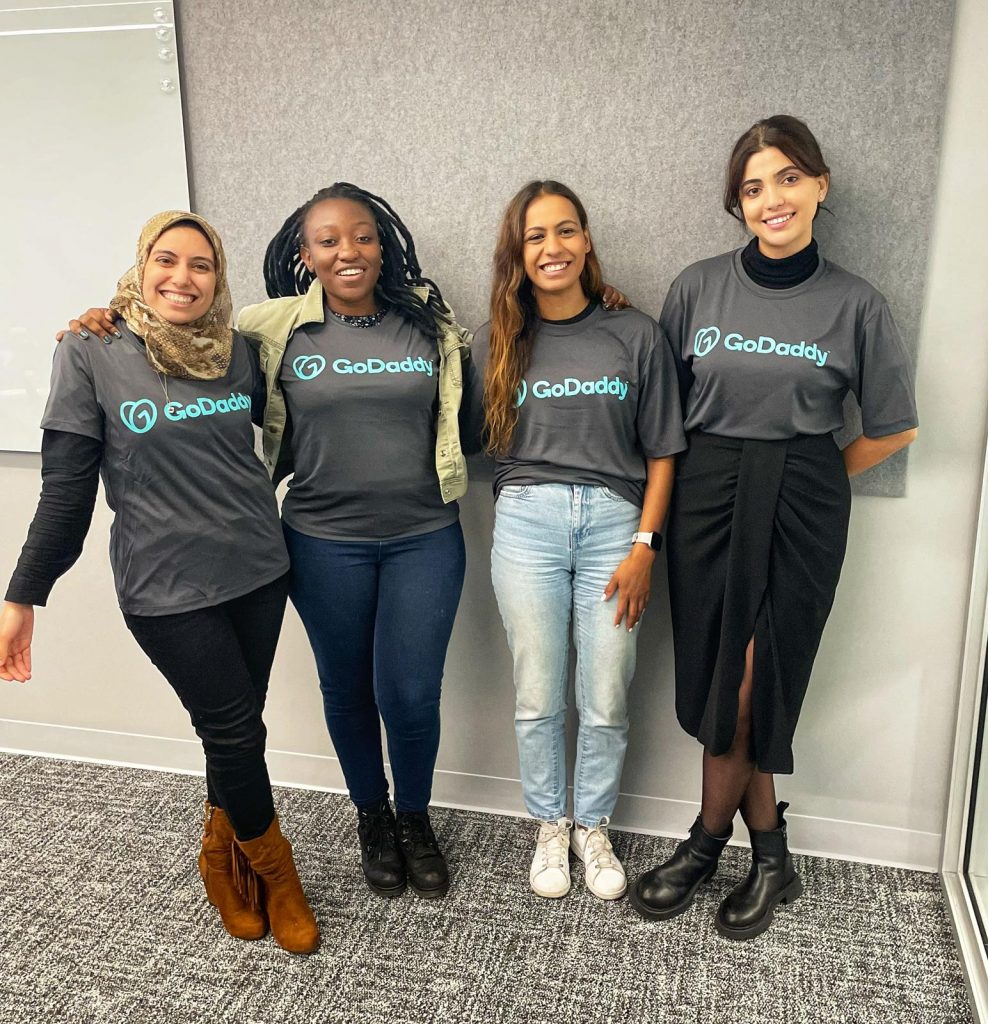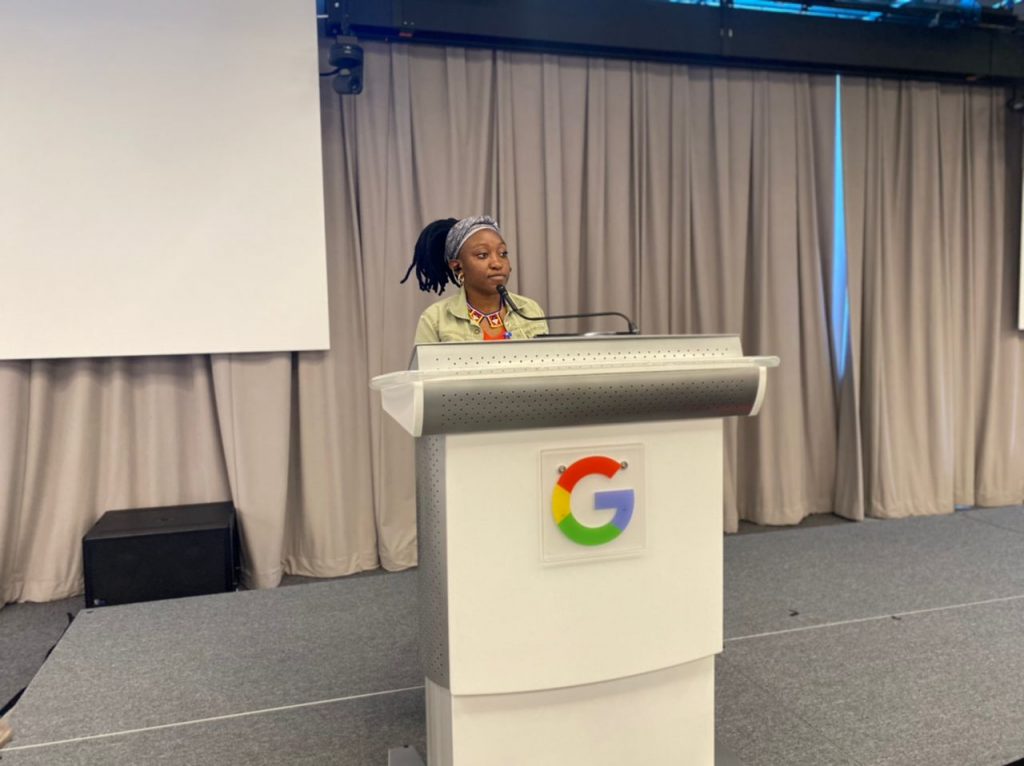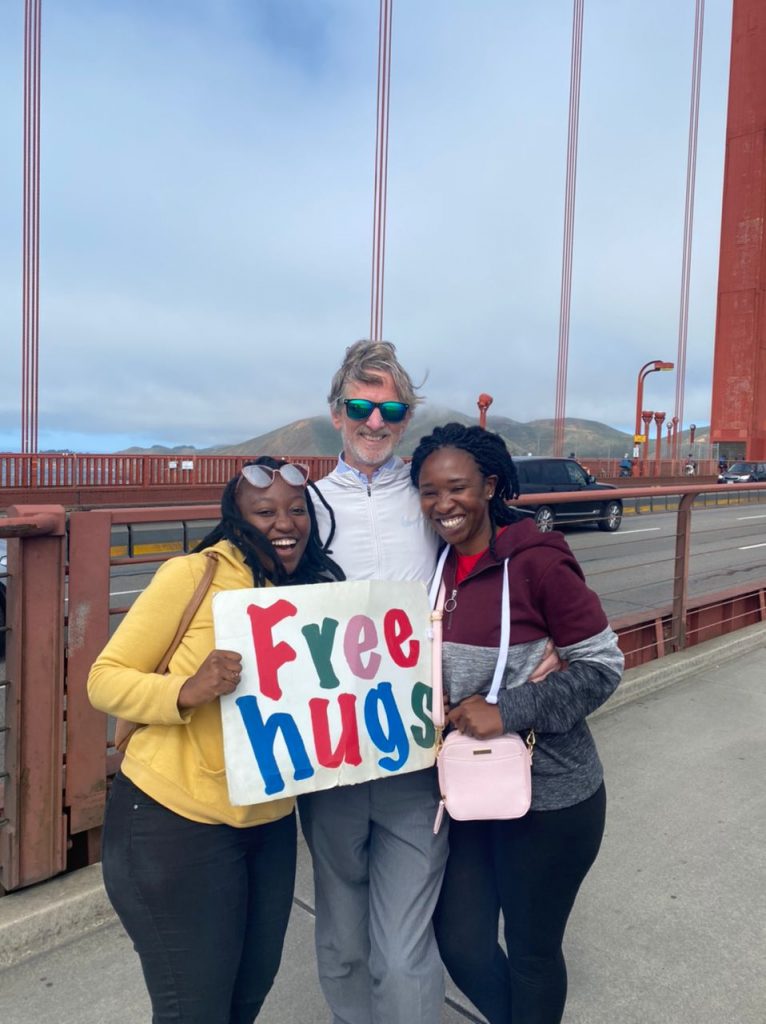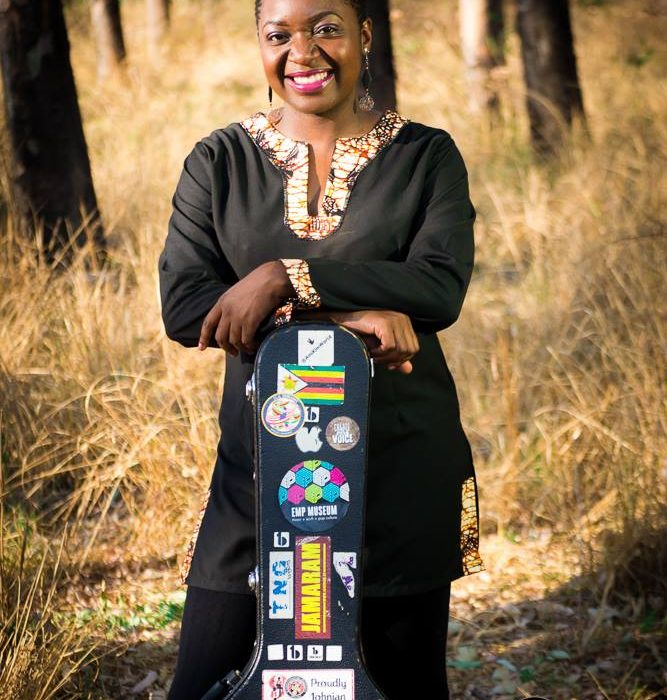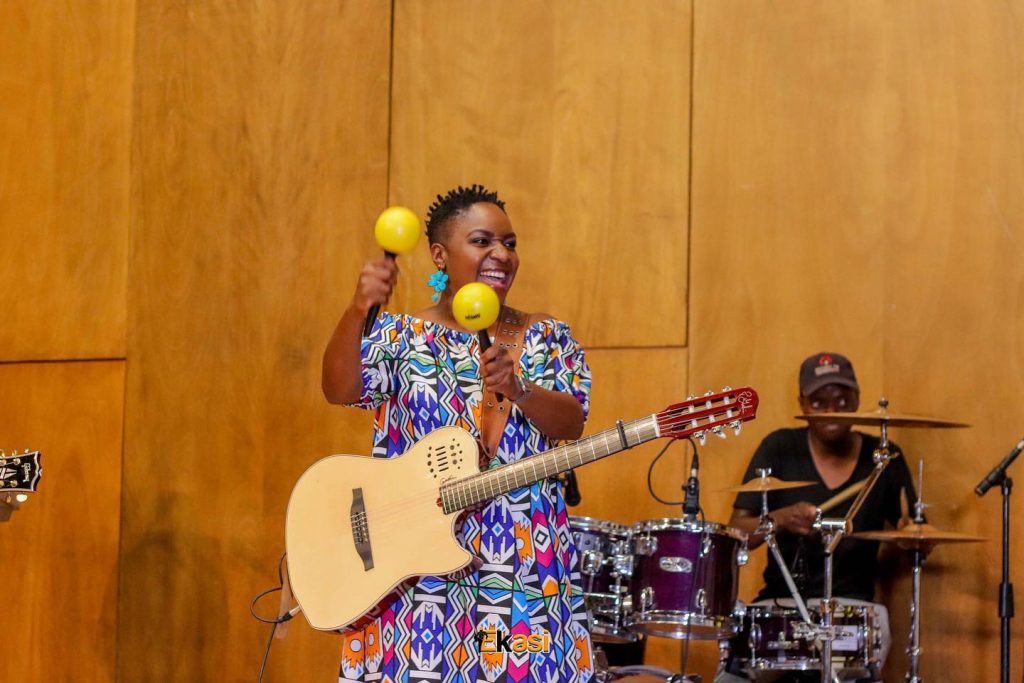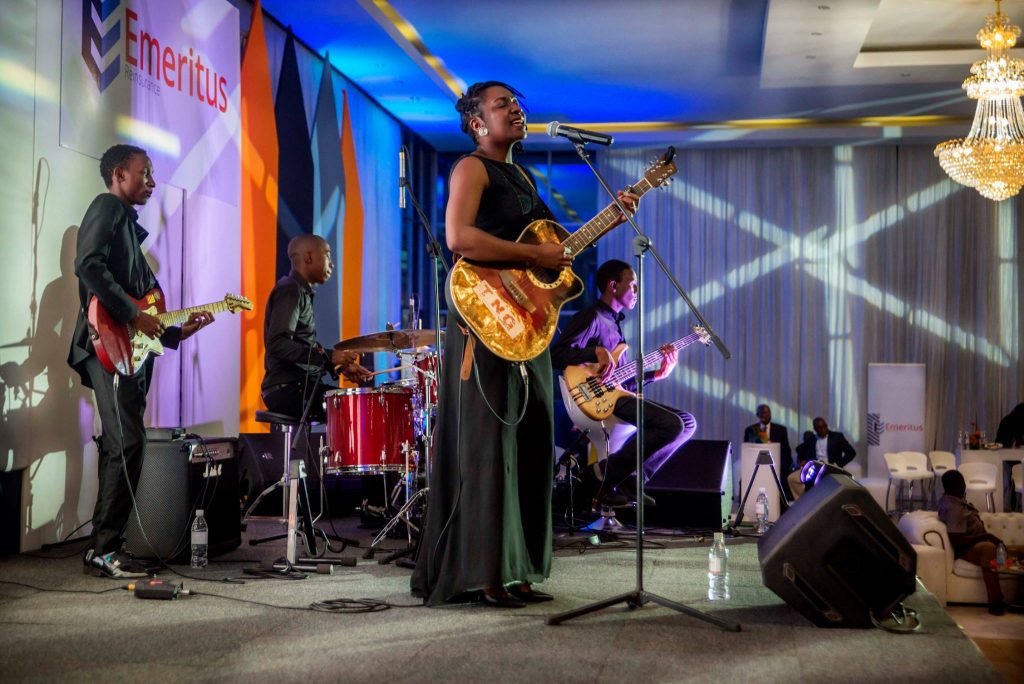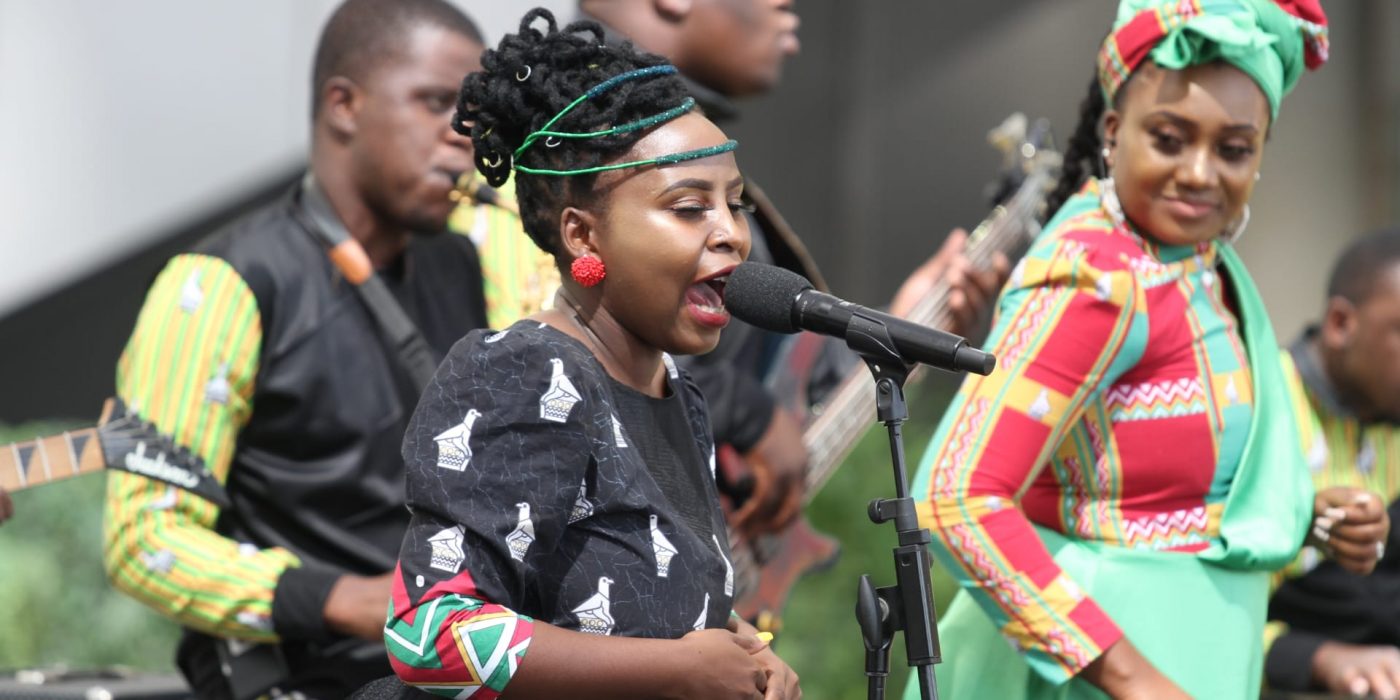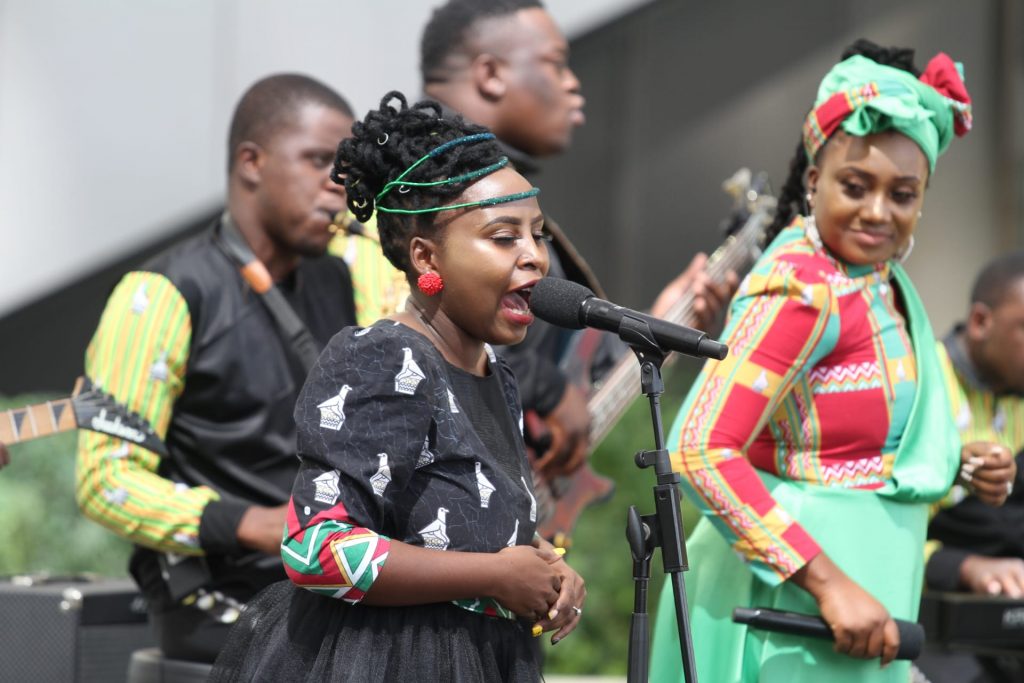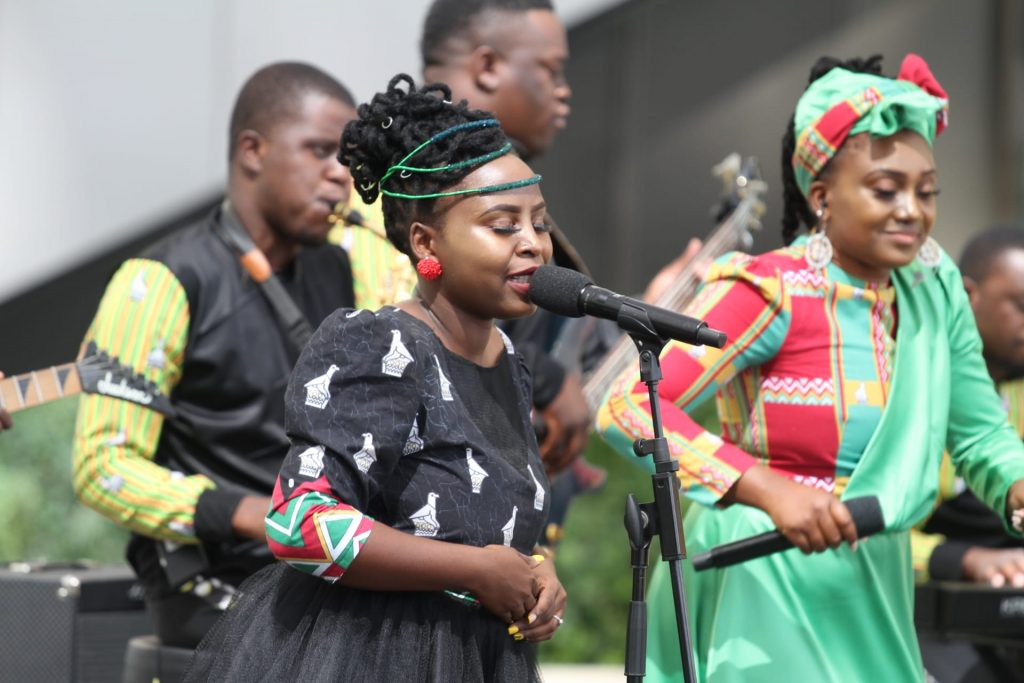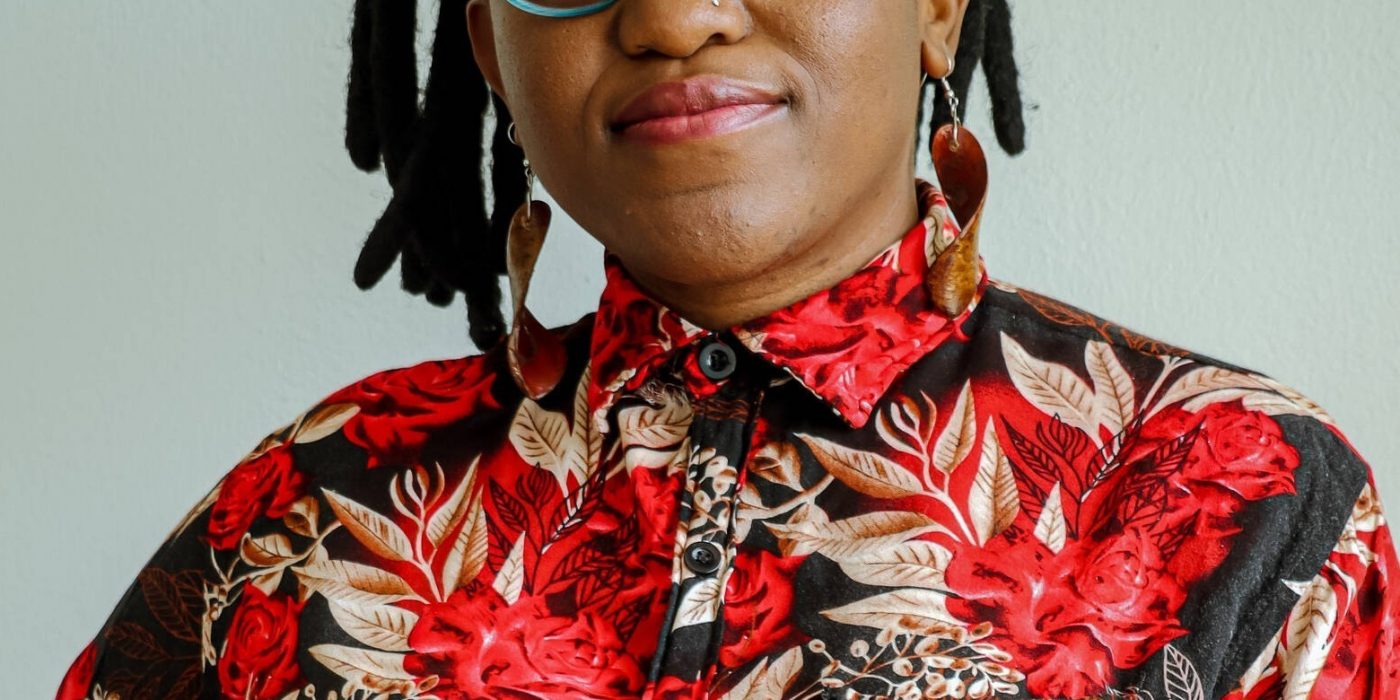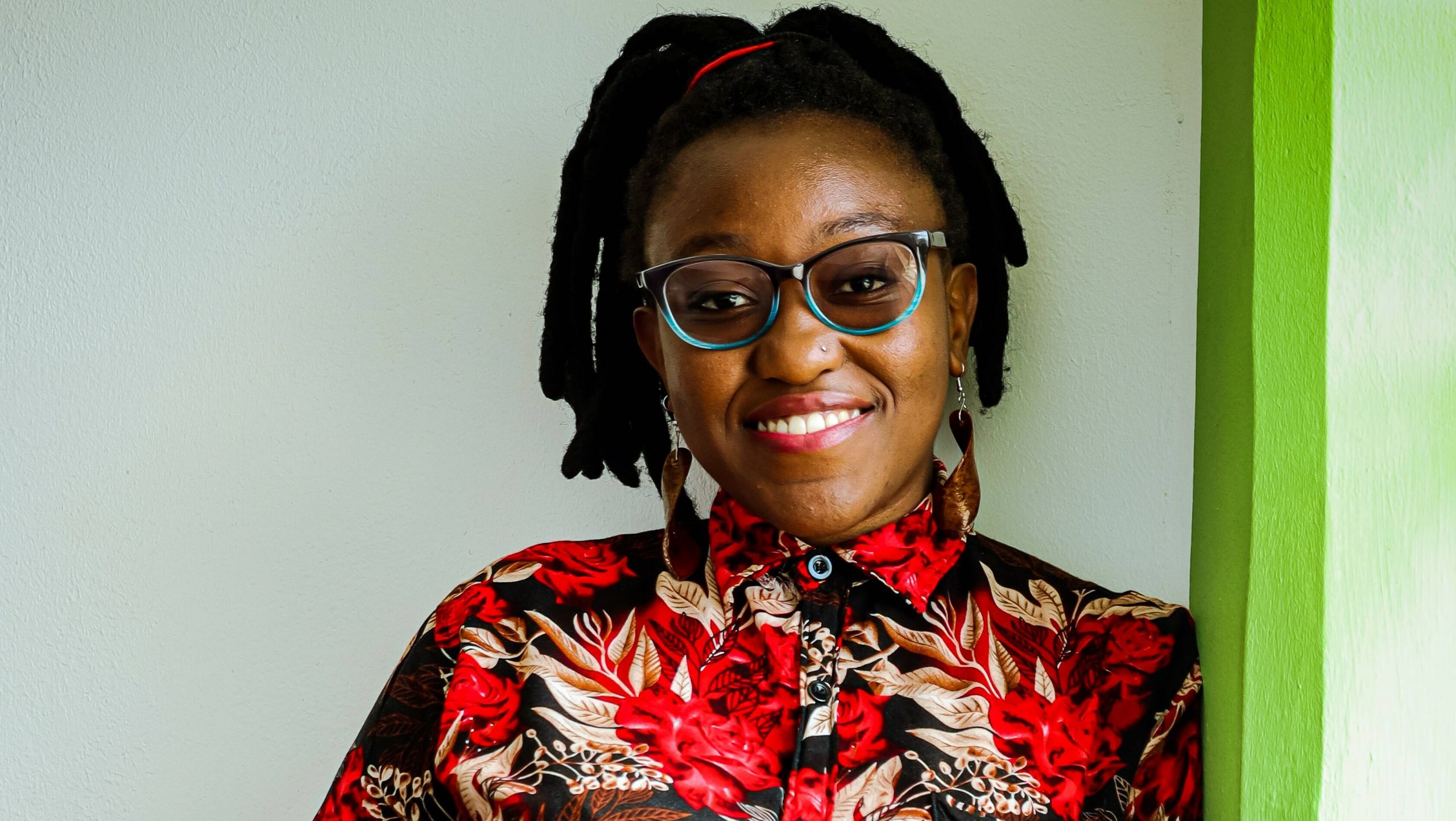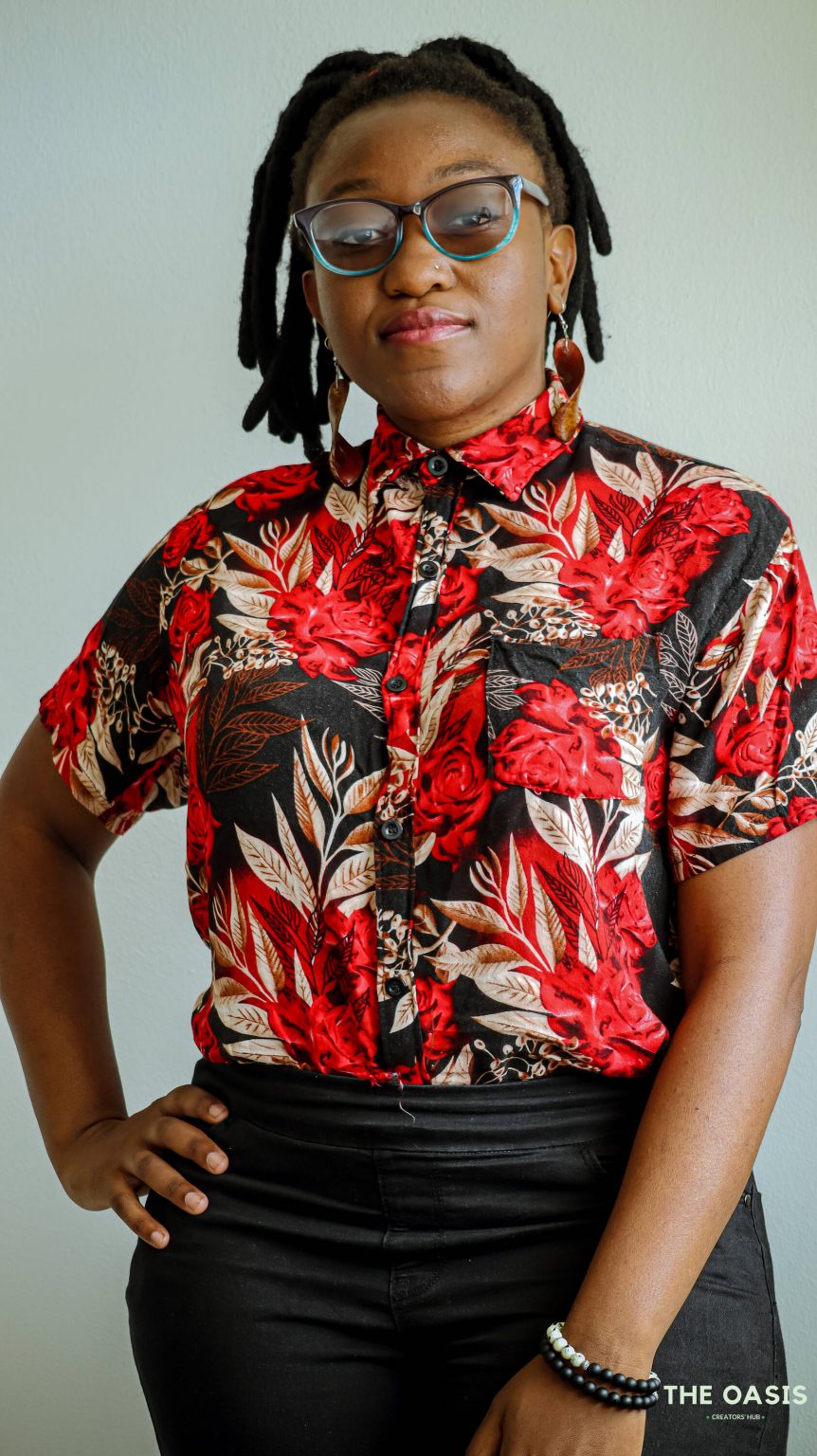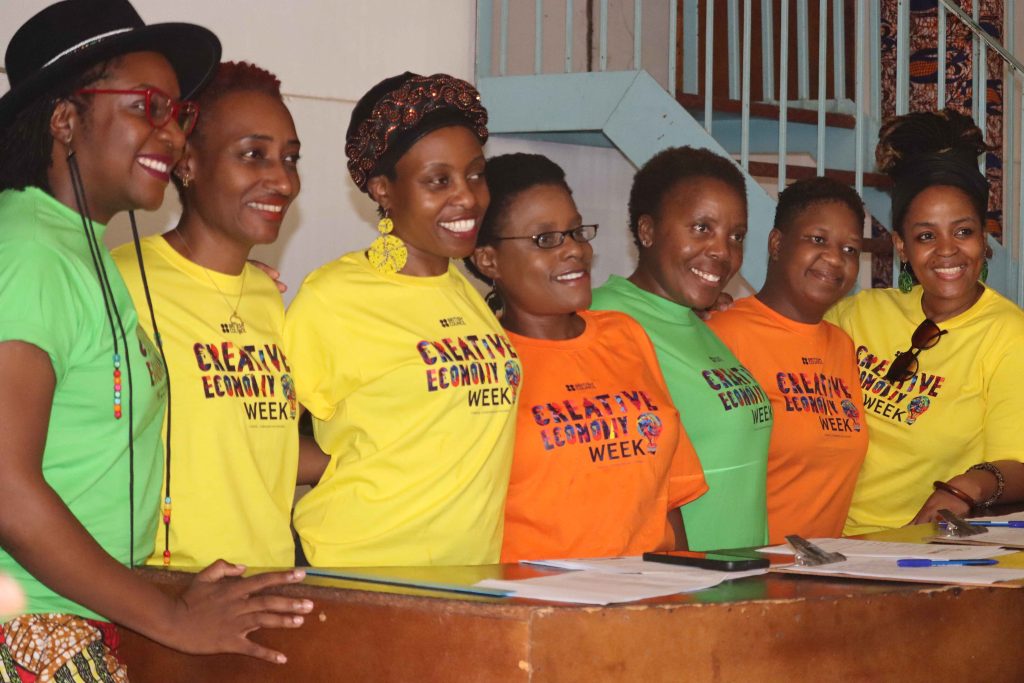
Bulawayo was buzzing yesterday as The Oasis hosted the Creative Economy Confluence, a highlight of British Council Zimbabwe’s Creative Economy Week. It wasn’t just another industry talk—it was a wake-up call, a strategy session, and a rallying cry for creatives to step up, think bigger, and build sustainable careers.
Here’s what went down:
Carl Joshua Ncube: Your Story is Your Superpower
Comedy and storytelling powerhouse Carl Joshua Ncube took the mic and dropped some gems. His message? Your story is your currency. How you tell it, why you tell it, and the value it creates are what separate thriving creatives from struggling ones. It’s not just about getting paid—it’s about building something meaningful that money naturally follows.
Dumisani Nomagugu Nkala: The Hard Truth Artists Need to Hear
“Artists are not special.” Ouch. But before you get mad, hear her out.
Dumisani Nomagugu Nkala, a telecoms business leader, pulled no punches. She reminded creatives that talent alone isn’t enough—you have to show up, put in the work, and prove your worth just like any other professional. No one is handing out free money to artists anymore. If you want funding, investment, or clients, you need to offer real, tangible value.
Her words hit hard, but they also hit home. No more waiting for handouts—let’s build, innovate, and sell.
Terrence Mugova: Money Won’t Chase You—You Have to Attract It
Financial literacy coach Terrence Mugova brought the money talk—something creatives don’t discuss enough. He made one thing clear:
If you chase money, it will keep running.
Instead, create value, and money will come to you. He broke it down into five financial must-dos for creatives:
Create value – Focus on impact, not just income.
Diversify your income – Don’t rely on one hustle.
Save – Future you will thank you.
Build an emergency fund – Because life happens.
Collaborate – The future belongs to teams, not lone wolves.
The Big Takeaways:
Your story is your power. Own it. Tell it well.
Value comes before money. Focus on impact first.
Hard work beats talent when talent isn’t working hard.
Financial literacy is a must. Control your money before it controls you.
Collaboration is the new competition. Build together.
This event was more than just a gathering—it was a moment of truth for the creative industry. It’s time to think bigger, move smarter, and turn our passion into something profitable and sustainable.
This blog post was published on [ 2025 – 03 – 06] British Council Zimbabwe’s Creative Economy Week.
